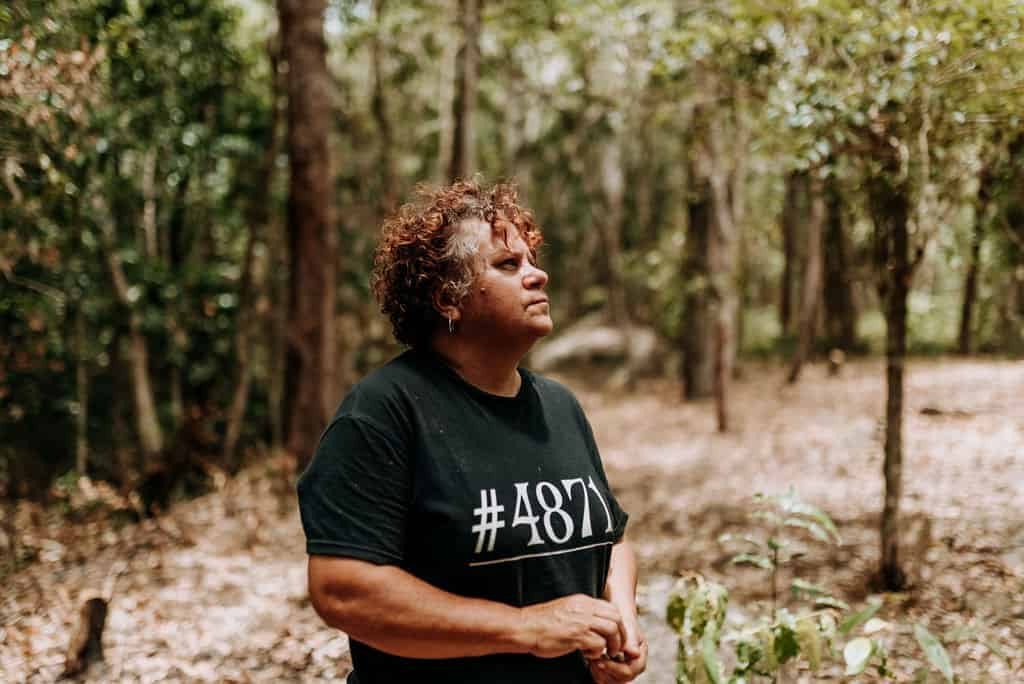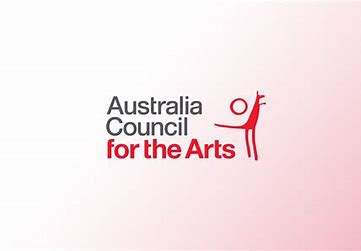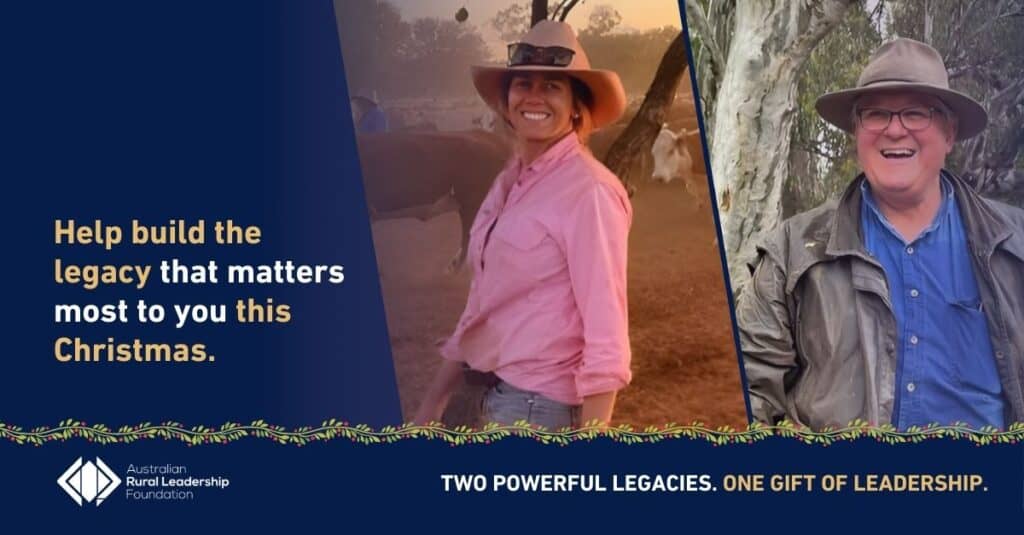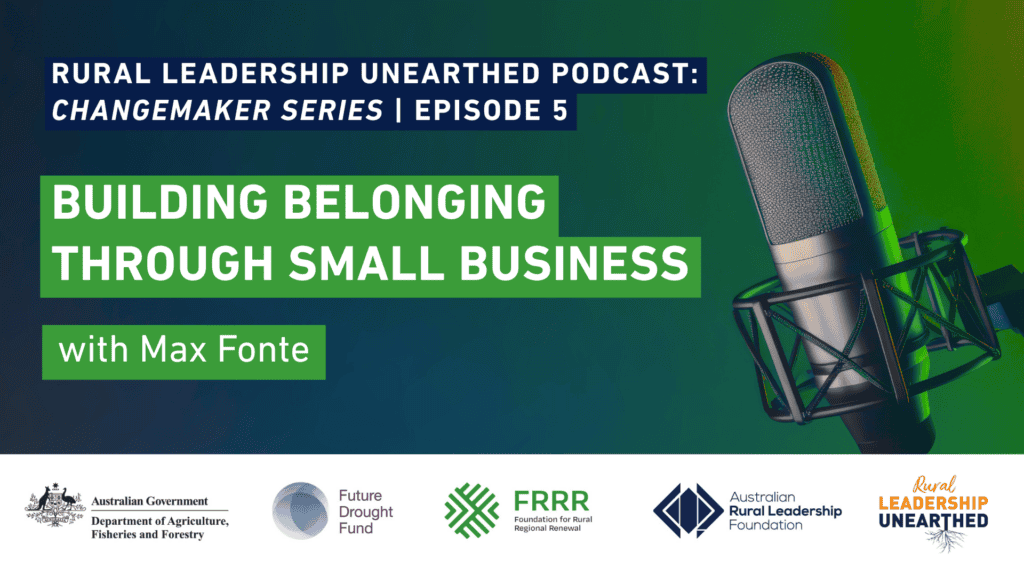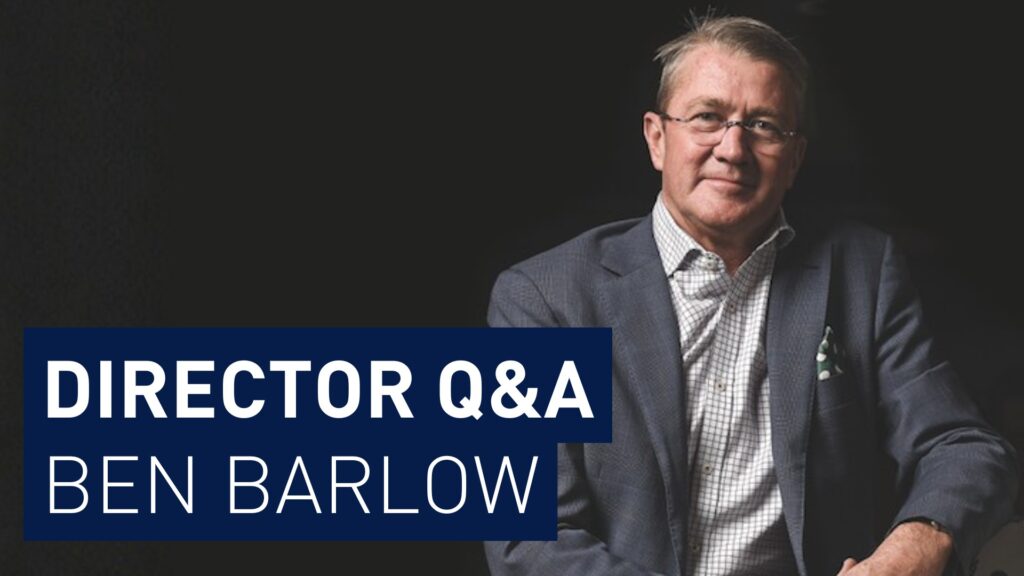An internationally renowned artist and activist, newly minted Australian Rural Leadership Program (ARLP) Course 25 graduate and Indigenous alumni, Elverina Johnson has made a career from producing work that inspires action – a catalyst for change and recognition.
“I’ve lived in a lot of places and travelled extensively but I always come back to Yarrabah – it’s home, and it always will be,” Elverina said.
A picturesque Aboriginal community just south of Cairns in Far North Queensland, nestled alongside the Great Barrier Reef, Yarrabah is not without its challenges – but for Elverina Johnson they’re opportunities.
“We live in sometimes difficult situations and many outsiders would see our community as disadvantaged,” she said.
“But I see my home through a different lens because I have a connection to country, culture and family here. I choose to use the opportunities I have through my art and my music to leave the town from time to time, upskill myself then come home and use those new skills and pieces of knowledge to help lead.
“I had teachers who recognised leadership qualities in me and pushed me from a young age to take on leadership roles in school and the community, but I was a typical teenager who wanted to do teenage things but I always felt I was different and didn’t fit in for some reason.
“It was later as my passion for human rights and social justice issues started to really evolve that I started listening to those old stories in my head about the leader I should or could be.”
Elverina heard about the ARLP through an alumn and was interested initially but didn’t think the course was for her.
“I’d done a lot of things in the leadership learning space and I’d been travelling the world so I couldn’t see the worth of the ARLP on face value,” she said.
“After some thought I started to reflect on the personal upheavals I was dealing with and the mental health impact that was having on me. I know that setting myself a challenge is the best way for me to push through so made the decision to apply.”
Accepted in to the 2018-19 program, Elverina openly admits it wasn’t what she expected.
“From a personal development point of view I still think about some of the activities we did and think, ‘how did I get through that?’ I feel a sense pride that I overcame my anxiety and I still draw on that as a source of strength when I’m faced with different problems,” she said.
“To be honest, one of those activities made me feel like I had conquered the world and I returned home with a really strong sense of accomplishment and felt really free – but also very determined to start owning my knowledge and leadership skills as an Aboriginal woman.”
Elverina said one of the big things that stood out for her during the program was the personal realisation of her cultural leadership and how much knowledge she possessed as a First Nations person that non-Indigenous people in the group didn’t have.
“It gave me a great sense of pride and also gratefulness that I had been raised in a culture that taught me about bush foods and survival, and how to identify different plants and animal species,” she said.
“When we went camping in a really isolated area of the Northern Territory those skills and old lessons came back to me, and I felt in that moment that my cultural leadership was just as important as other aspects of leadership.
“I was able to lead a group of people that ordinarily I wouldn’t have spoken up in. It was an important reminder to always value my history and knowledge.”
It’s through her art that Elverina best honours her history and knowledge – and uses it to evoke leadership in others.
“I love especially engaging with the younger generation and using the Arts to pull out the best bits of them,” she said.
“There is such a narrow view of leadership. People think leadership is power or politics. But it’s not a job. Leadership is an attribute, and you can show leadership in whatever space you like.
“Sometimes as an Indigenous person you don’t always get the choice about whether you lead, it can often be expected or thrust upon you by community. But if that happens you have a responsibility to answer that call with respect – however you must know what sort of leader you want to be and think about the type of people you want to follow you.
“As a First Nations leader it can be tiring educating people and constantly working to breakdown the false sense of identity that has been pushed upon Indigenous Australians because of other people’s perceptions.
“But I am better for the experience. A better person, a better artist and a better leader and I have a safety net of support in my fellow alumni that will ensure I keep getting better and doing better – which can only have positive outcomes for my home community.”


